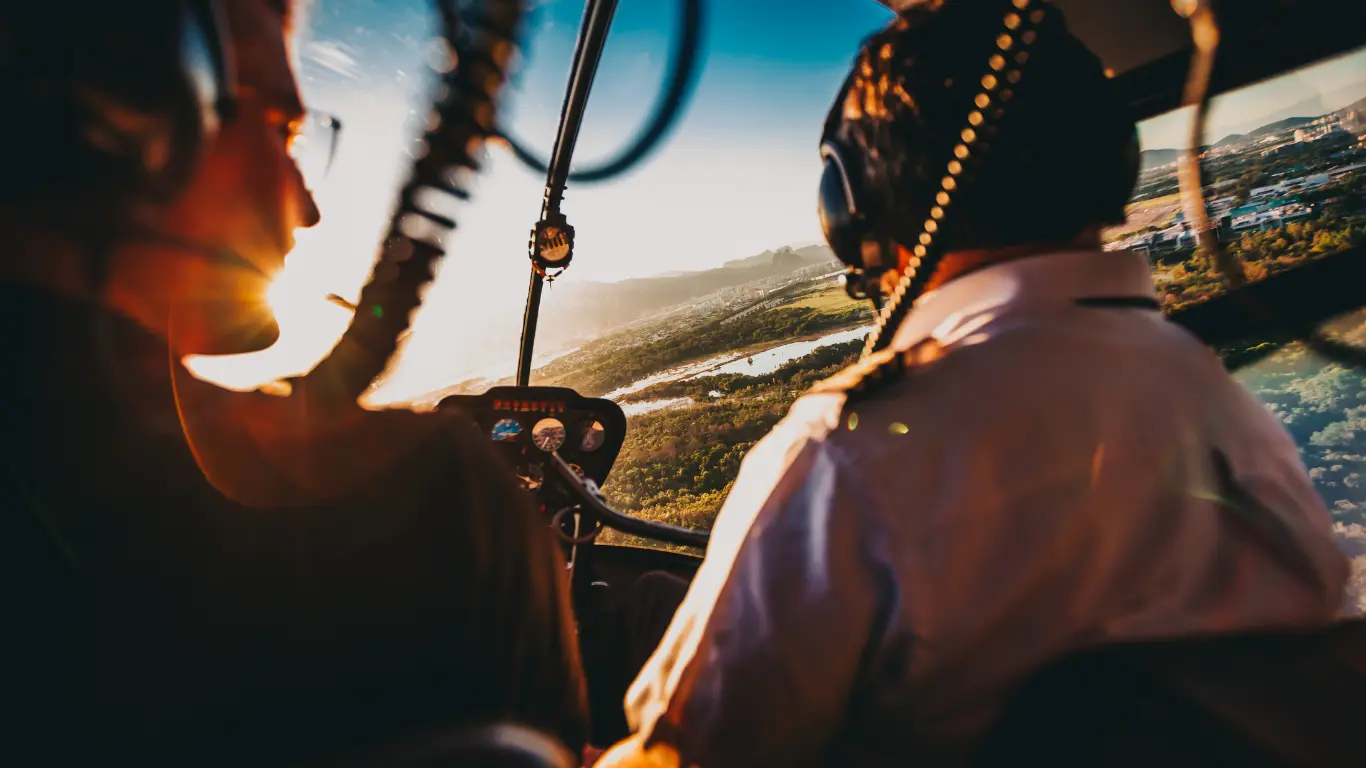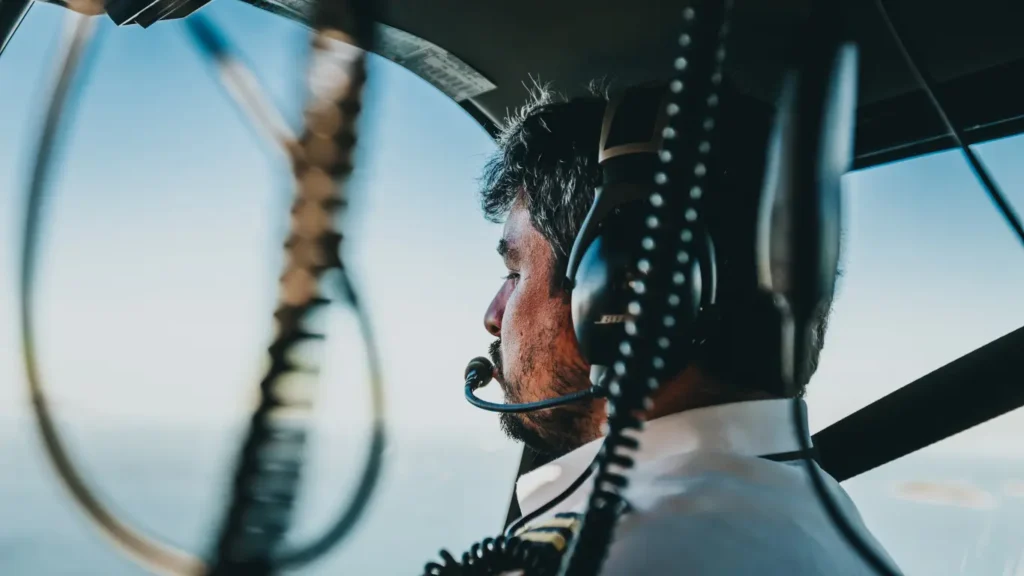Becoming a pilot is a dream for many. The aviation industry offers exciting opportunities. However, the path to becoming a pilot requires careful planning and the right education.
This article will guide you on what to study to become a pilot after 10th grade. We will cover the necessary subjects, courses, and steps you should take with Punjab Educare.
Understanding the Basics of Becoming a Pilot
Before we dive into specific subjects, it is essential to understand the basics. A pilot operates aircraft and is responsible for flying safely. They must have a strong understanding of aerodynamics, navigation, and meteorology.
In India, aspiring pilots usually start their journey after completing 10th grade. The first step involves choosing the right educational path. This will set the foundation for your future in aviation.
Subjects to Focus on After 10th Grade
Mathematics
Mathematics is crucial for pilots. It helps in navigation, flight planning, and fuel calculations. You should focus on algebra, geometry, and trigonometry. These subjects enhance problem-solving skills. They also make advanced calculations easier.
Physics
Physics is another vital subject. It covers principles of flight, forces, and energy. Understanding concepts like lift, thrust, and drag is essential. This knowledge is fundamental for all pilots.
English Language
English proficiency is necessary in aviation. Pilots must communicate clearly and effectively. They often use English in radio communications. A good grasp of the language can help in understanding manuals and instructions.
Computer Science
As technology advances, so does aviation. Knowledge of computers is beneficial. Familiarity with flight simulation software is a plus. Learning programming basics can also enhance your analytical skills.
Geography
Geography helps in understanding navigation and weather patterns. Knowledge of global geography is essential for flight planning. Pilots must be aware of airspace structures and regions.
Also Read: The Importance of STEM Education in India: Opportunities and Challenges
Educational Pathways After 10th Grade

1. Senior Secondary Education (11th and 12th Grade)
After 10th grade, it is advisable to continue with your higher secondary education. Enroll in a science stream to strengthen your knowledge in relevant subjects. Focus on taking Mathematics and Physics. This is crucial for any future pilot.
2. Choose a Flight Training Program
Once you complete 12th grade, you can pursue a flight training program. Many flying schools in India offer commercial pilot license (CPL) courses. Research different institutions and their programs.
3. Pursue a Degree in Aviation
While not mandatory, obtaining a degree in aviation or aeronautical engineering can be beneficial. This will provide a deeper understanding of the aviation industry. It can also enhance your employability.
4. Obtain a Student Pilot License (SPL)
After joining a flying school, you can apply for a Student Pilot License. This allows you to fly under supervision. It is an essential step toward becoming a certified pilot.
5. Commercial Pilot License (CPL)
The CPL is a requirement for those who wish to fly professionally. This license requires a significant number of flying hours. Additionally, you must pass various examinations.
Flight Training Requirements
- Minimum Age: You must be at least 17 years old to apply for a CPL.
- Flying Hours: A minimum of 200 flying hours is required.
- Medical Fitness: You need to pass a Class 1 medical examination.
- Written Exams: You must pass exams in aviation subjects.
The Importance of Soft Skills
In addition to technical knowledge, pilots need soft skills. Good communication, teamwork, and decision-making skills are vital. Pilots often work with air traffic controllers and crew members. Effective collaboration ensures a safe flying experience.
1. Communication Skills
Pilots must communicate clearly. This includes speaking to air traffic control and crew. Clear communication can prevent misunderstandings and enhance safety.
2. Problem-Solving Skills
Unexpected situations can arise during flights. Pilots must think quickly and make decisions. Strong problem-solving skills can help in managing crises effectively.
3. Teamwork
Flying is a team effort. Pilots work closely with co-pilots and ground staff. Teamwork enhances operational efficiency and safety.
FAQs About Becoming a Pilot
What subjects should I focus on after 10th grade?
You should focus on Mathematics, Physics, English, Computer Science, and Geography. These subjects will provide a solid foundation for your pilot training.
Do I need a degree to become a pilot?
While a degree is not mandatory, it can be beneficial. A degree in aviation or aeronautical engineering enhances your knowledge and employability.
How many flying hours do I need for a commercial pilot license?
You need a minimum of 200 flying hours to obtain a commercial pilot license (CPL).
What is the minimum age to apply for a pilot license?
You must be at least 17 years old to apply for a commercial pilot license.
Is medical fitness necessary for becoming a pilot?
Yes, you need to pass a Class 1 medical examination to ensure you are fit to fly.
Final Thoughts
In summary, if you want to know what to study to become a pilot after 10th grade, focus on the right subjects. Mathematics, Physics, and English are essential. Continuing your education with a science stream will set a strong foundation.
Moreover, pursuing flight training and obtaining the necessary licenses is crucial. Remember, becoming a pilot requires dedication and hard work.
By following this guide, you can turn your dream of flying into reality. The sky is waiting for you!


